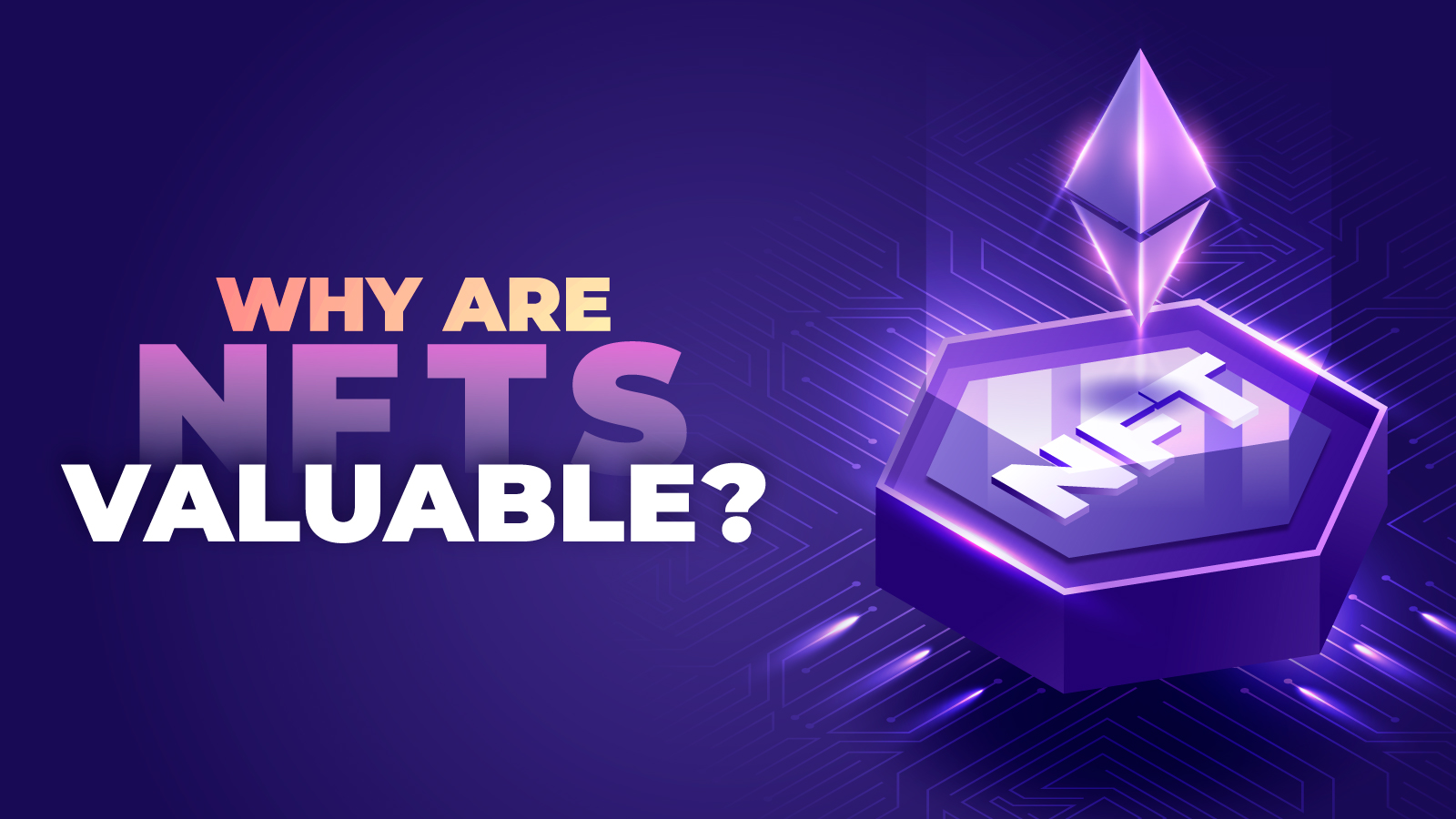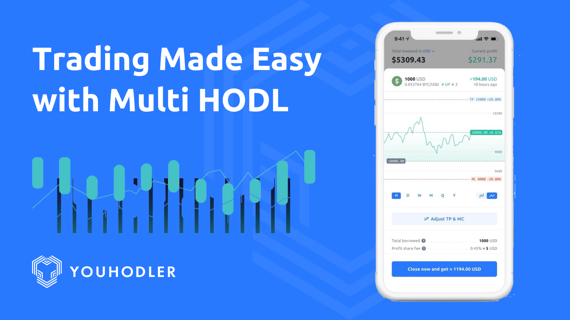
Why are NFTs so Valuable?
When we thought the rave in the first half of the year was all there is to NFTs, this second half has opened everyone's eyes to the goldmine that they are. Not only are many more celebrities joining in, but random internet users are also now making huge fortunes within hours by" flipping" tokenized JPEGs. Trading volumes on OpenSea, the largest marketplace on Ethereum, hit over $37 million in just 24 hours and have skyrocketed by more than 12,000% this year alone.
While more people keep coming to terms with the truth that they are here to stay, a sizable number of these "new converts" do not understand why NFTs hold value and how they work. Let's dive right into it.
What are NFTs?
NFTs stand for non-fungible tokens. They are digital tokens that represent proofs of ownership on a blockchain. They are non-identical, as opposed to fungible assets like the US Dollar or crypto like ETH.
For example, your $100 note equals mine, and we can exchange it without either of us losing anything. Such is the case with fungible assets because they have no intrinsic distinguishing characteristics, so they can be mutually substituted without losing value.
NFTs, on the other hand, are unique; their values are purely subjective. They represent almost anything on the blockchain. Artworks? Check. Screenshots of memes? Check. Video clips? Check. Game items? Check. The concept of NFTs mainly revolves around originality and blockchain.
Why are NFTs so valuable?
Value is perceived. For NFTs, several things make for their high value, and here are a few of them.
1. Ownership
The primary reason why NFTs are so valuable is ownership. It might not make sense that a digital artwork that everyone can see or download in a single click is worth millions of dollars, but that's what NFTs claim to solve. NFTs assign verifiable ownership to digital assets. The same way you can look at a Picasso masterpiece, but it has only one owner; anyone can download a digital artwork, but only one person owns it.
2. Use Cases
NFTs have been touted as the next big thing that will revolutionize industries, and we are seeing it in real-time. From arts, music, sports to online gaming, NFTs are changing a lot: how to sell, retaining credits, connecting with celebs and lots more. Digital artists are now profiting off of their works by selling and getting royalties. For example, on OpenSea or AirNFTs, creators can earn a cut on secondary sales of their works. Game developers are now incorporating NFTs, making them game assets to allow players to use them in-game or sell to other players in marketplaces.
3. Immutability
NFTs are powered by blockchain— the tech that makes immutability possible. The metadata on non-fungible tokens is technically impossible to alter, thanks to blockchain's consensus model of recording data.
4. Transparency
Not only are NFTs immutable, but every info on them is also available and can be verified by anyone willing to put in the effort.
5. Decent Resale Value
From basic economics, it is clear that the more limited the quantity of an item is, the higher the price. NFTs are often created in single pieces or limited collections. Owning exclusive items in a sea of counterfeits brings value. This is why you are likely to sell your NFTs at a higher price than you bought them.
The Takeaway
Regardless of the controversies and think-pieces on NFTs' viability, it is getting more evident by the day that they are potential game-changers in this digitized world. And we probably have not scratched the surface with even more use cases in virtual reality and online metaverses.
Do you have an NFT you want to use as collateral for a loan? Get an instant cash loan at YouHodler.com today using your NFT as collateral!







